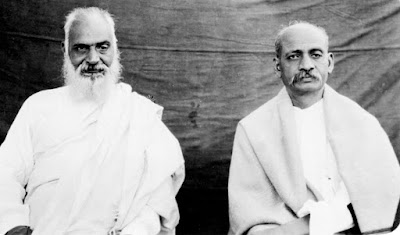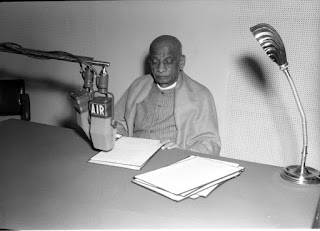No apology is needed for reproducing in full in this issue of the Reformer the documents which have been published relating to the peace negotiations which ended last week. Apart from their immediate political interest which, of course, is considerable, the documents comprising the record are of intense human interest. The personalities concerned in this drama are these : the Viceroy and Mahatma Gandhi, as the principal protagonists, Mr. M.R. Jayakar and Sir Tej Bahadur Sapru, as intermediaries, and Pandit Motilal Nehru and Pandit Jawaharlal Nehru, as secondary characters, Sarojini Naidu, Mr. Vallabhbhai Patel, Mr. Jairamdas Daulatram and Dr. Sayed Mahmud are also in the picture Their opinions, no doubt, influenced the course of the discussion. Another figure which does not appear in the group but exerted much influence behind the scenes in the penultimate and final acts, is Mr. A. Rangaswami Aiyangar, the able and tactful Editor of the Hindu Newspaper.
Courtesy : Indian Social Reformer - September 13, 1930.


















